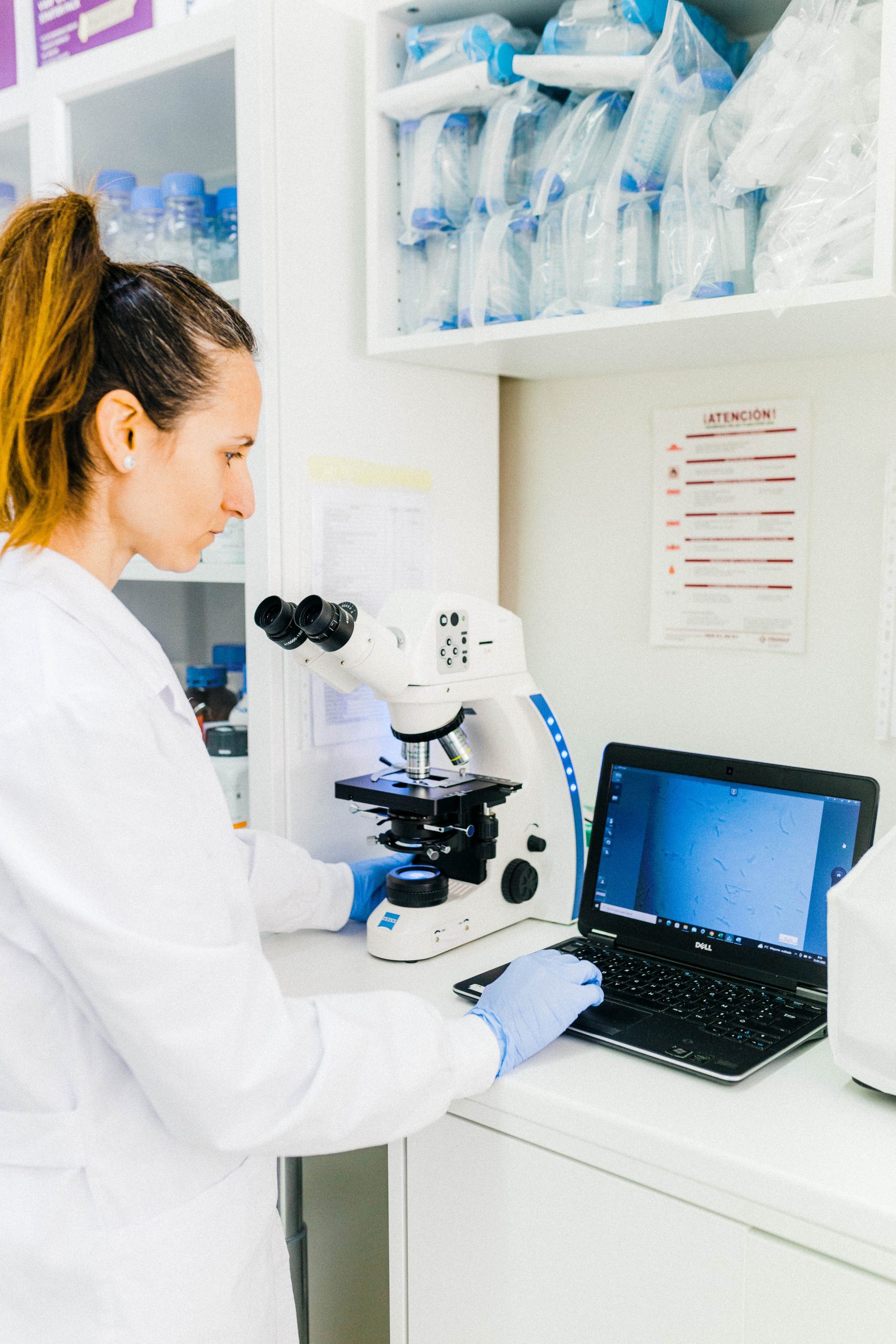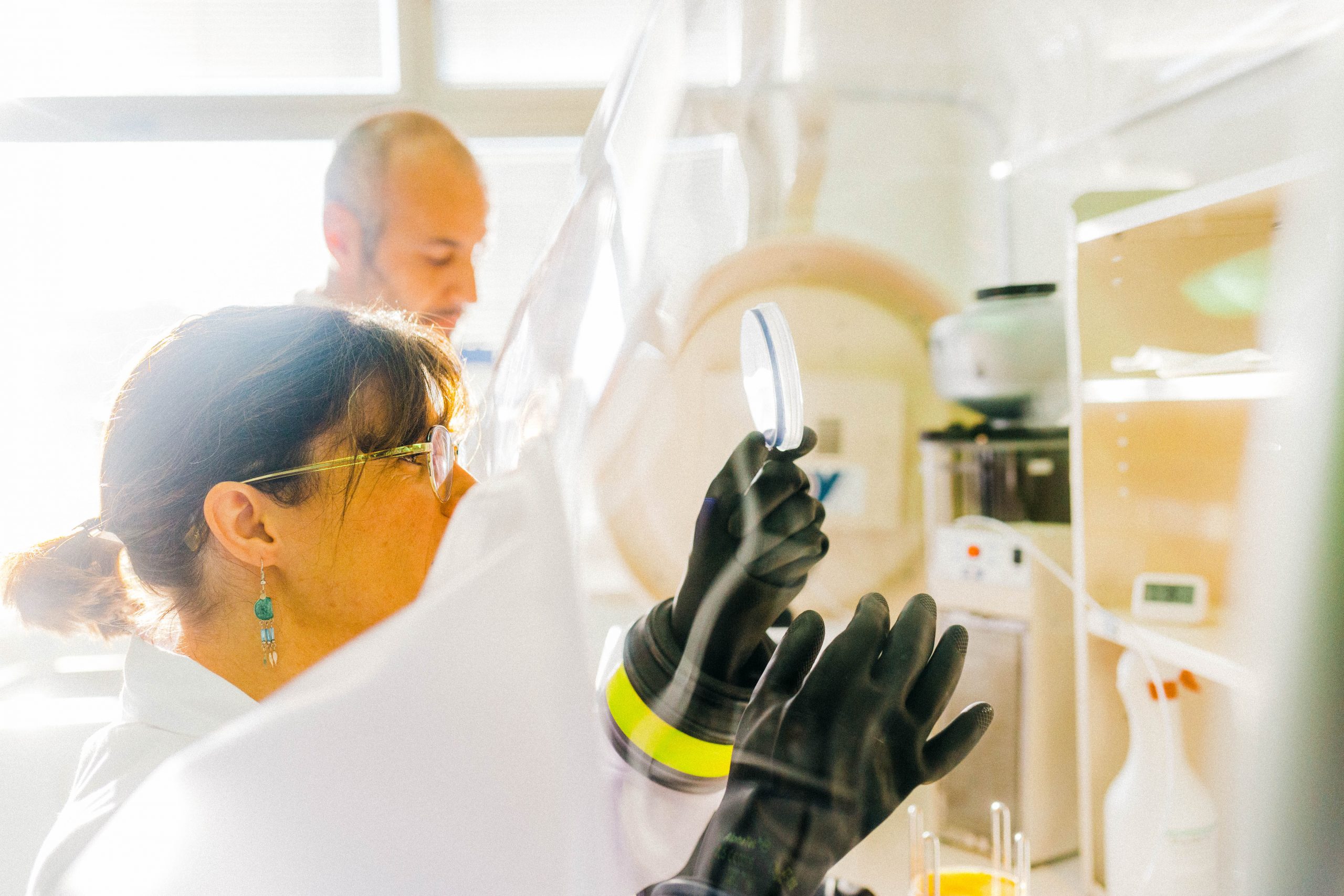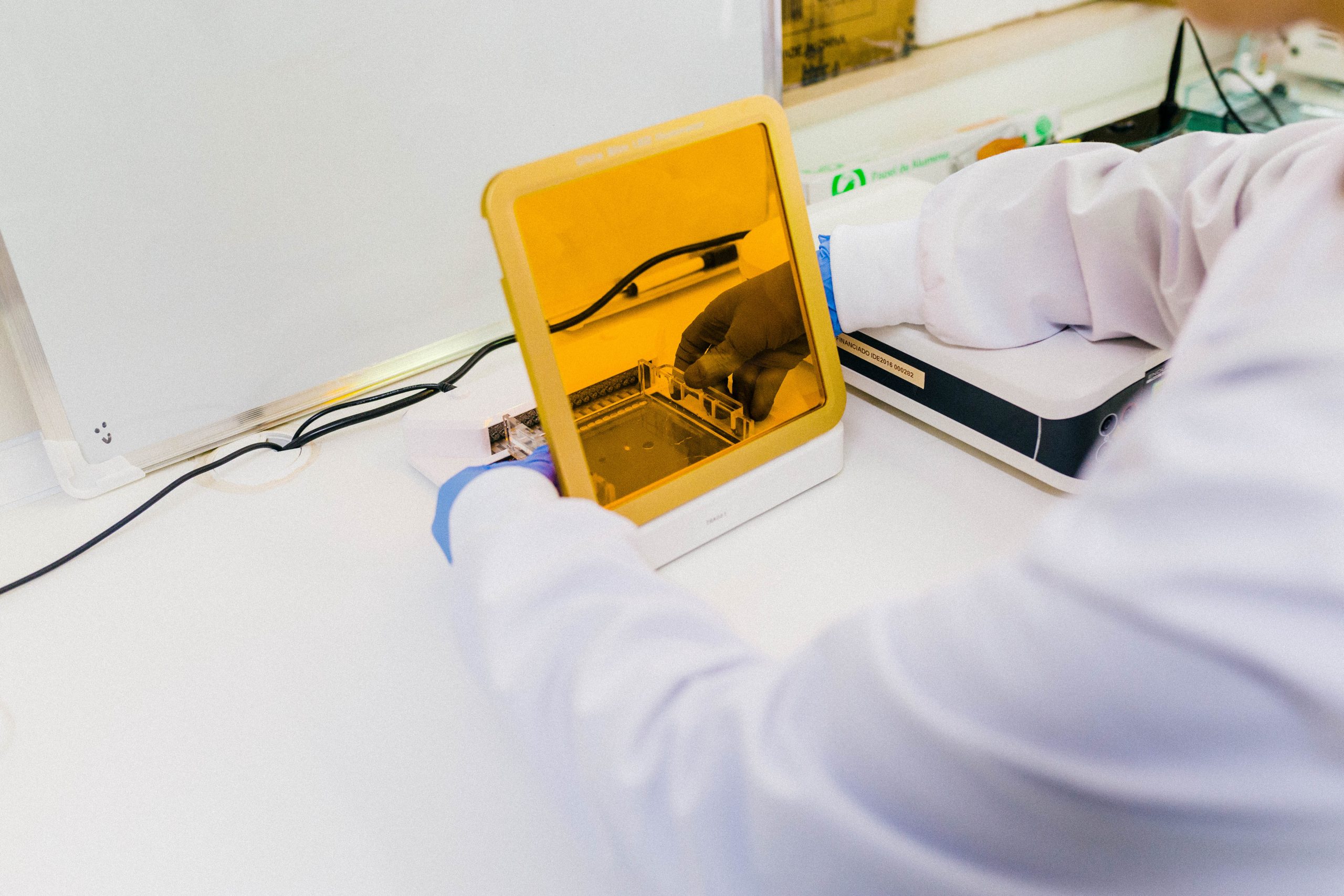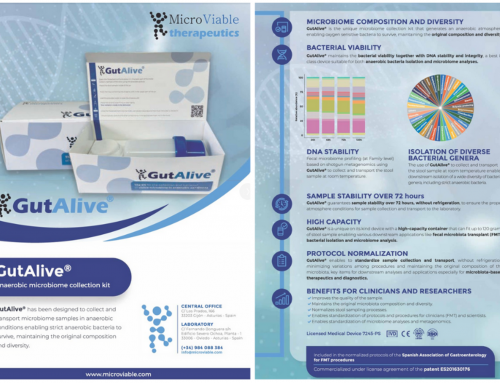The microbiota plays a crucial role in human health, directly influencing digestive functions, protection against pathogens, modulation of the immune system, and the production of essential vitamins and metabolites. In relation to oncological processes, numerous studies have confirmed a relationship between the microbiota and cancer.
In this article, we will examine how the microbiota and cancer are connected, the methods used to study bacterial composition, and the therapies being developed to prevent and treat cancer by modulating the microbiota.
Analysis of Bacterial Composition: How Does the Microbiota Affect Cancer?
The microbiota can affect cancer in various ways, depending on the type of tumor, the affected organ, diet, lifestyle, and genetic and environmental factors. The production of toxins or harmful metabolites can affect the DNA of cells or alter their cell cycle, promoting mutations and oncogenesis. For example, some bacteria can produce nitrosamines, potent carcinogens, or secondary bile acids, which can stimulate cell proliferation and inflammation.
Modulation of the immune system has a protective or detrimental effect on cancer. Some bacteria can induce an anti-tumor immune response by activating natural killer (NK) cells or cytotoxic T lymphocytes, which can eliminate cancer cells. Other bacteria can suppress the immune response, favoring tumor evasion or inducing immune tolerance.
To study how the microbiota affects cancer, at Microviable, we use different methods to analyze bacterial composition. One of the most commonly used methods is microbiota analysis through massive sequencing of bacterial DNA (16S rRNA), which identifies and quantifies bacterial species in a fecal sample. Another method is functional metagenomics analysis, which determines the metabolic and genetic functions of the microbiota. This allows us to study, for example, the differences between the microbiota of healthy individuals and those with cancer, or the difference between the microbiota of people who respond to oncological therapies and those who do not respond to treatments.
These methods require an appropriate microbiome collection kit to preserve the integrity and quality of the samples. At Microviable, we work with the best, the GutAlive® kit, an anaerobic device that ensures the survival and microbial diversity of each sample without altering its composition.

Biotherapeutic Development: How Can the Microbiota Be Modified to Prevent or Treat Cancer?
Given that the microbiota can have a significant impact on cancer, at Microviable, we are working on several promising projects to study the possibilities. We are currently developing new biotherapeutics based on the complete microbiota that are in the preclinical phase for various indications. Additionally, we have a wide collection of bacterial isolates for the development of new LBPs (Live Biotherapeutic Products) and probiotics to provide solutions to patients.
Here are some strategies that can be implemented to intervene in the microbiota and challenge cancer cells. An advance that is undoubtedly of great interest to healthcare centers, the food industry, and pharmaceutical companies.
Administration of Live Biotherapeutic Products (LBPs)
Some LBPs have been shown to stimulate an anti-tumor immune response, inhibit the growth of pathogenic bacteria, or enhance the action of anti-neoplastic drugs.
Administration of Prebiotics
Certain prebiotics can increase the production of Short-Chain Fatty Acids (SCFAs), modulate the immune system, or improve the bioavailability of anti-tumor drugs. Some examples of prebiotics with anticancer effects are inulin, oligofructose, resistant starch, or pectin.
Administration of Synbiotics
Certain synbiotics (a combination of probiotics and prebiotics) can reduce inflammation, induce apoptosis of cancer cells, or increase the efficacy of anti-tumor drugs.
Fecal Transplantation
This involves transferring feces from a healthy donor to a sick recipient to restore the diversity and balance of the microbiota. Fecal transplantation has been tested to treat chemotherapy-associated colitis and has been proposed as a possible solution to improve the response to immunotherapy.
Microviable Investigates the Relationship between Microbiota and Cancer
Research on the relationship between microbiota and cancer is an emerging and promising field that opens new avenues for the prevention and treatment of this disease. Of course, it poses certain challenges that the Microviable team faces every day to pave the way and provide the expected solutions society needs.
The quality of microbiota samples depends on multiple individual and environmental factors. To ensure that samples reach our laboratories in perfect maintenance conditions, we use the GutAlive® kit, which guarantees the permanence and variety of microorganisms without modifying the biological structure of the sample.
We develop rigorous and uniform protocols for the collection, processing, storage, and analysis of biological samples. This way, we correct the lack of standardization and validation of traditional analysis methods and avoid inconsistent results.
We conduct our studies with maximum rigor and control, with long-term follow-up. We use appropriate sample sizes, clear inclusion and exclusion criteria, and relevant outcome measures.
At Microviable, we push the boundaries of known science by studying the relationship between the microbiota and cancer, with the firm purpose of developing new drugs that will help prevent and treat this complex disease.
The intestinal microbiota emerges as a key piece in understanding and addressing cancer. Therefore, we work tirelessly to open new doors to hope, transform lives, and contribute to the well-being of future generations.





